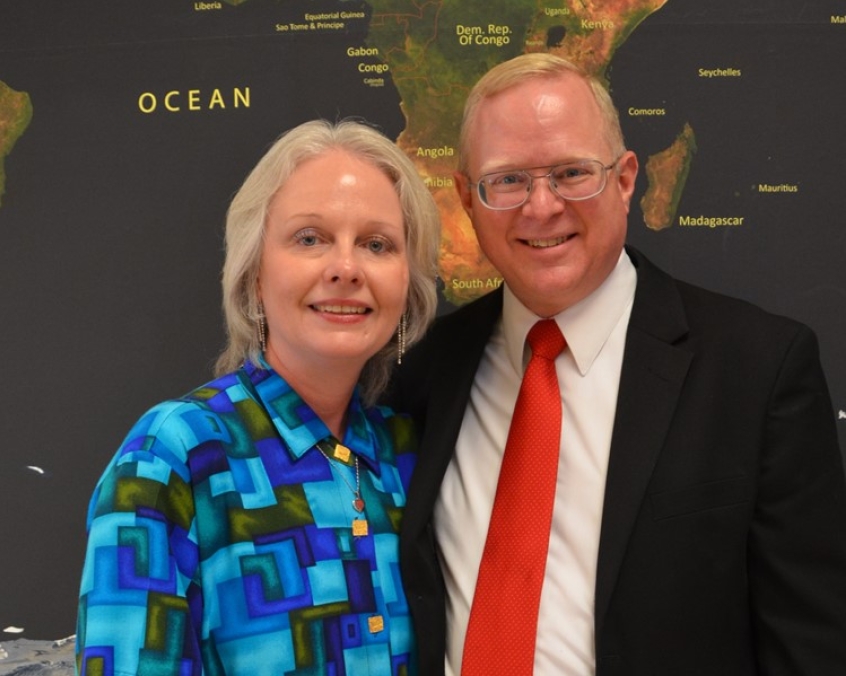
The first known victims of Russia's new anti-evangelism laws have been convicted and fined, according to the Forum 18 news service.
Two individuals, one a US citizen and one Ghanaian, have been heavily fined. A Russian citizen, Aleksandr Yakimov, leader of the New Generation Pentecostal community in Mari-Turek, is due in court on August 29.
An earlier case brought against a Hare Krishna devotee resulted in the acquittal of the accused, Vadim Sibiryev.
The legislation was passed by the government of Vladimir Putin to fierce international protests from campaigners who said it was a draconian attempt to stifle religious expression under the guise of clamping down on terrorism. Putin signed it into law on July 6 and Sibiryev was tried on July 28.
In Oryol, about 360 km south-west of Moscow, Baptist preacher Donald Ossewaarde, a US citizen, was fined 40,000 rubles for holding religious services in his home and advertising them on the bulletin boards of nearby housing blocks.
Ossewaarde, who has documented his case extensively on his website, was arrested in his home where policemen came to establish that a group was meeting with him for prayer and Bible reading, which they said was illegal. In court, he was accused of posting notices in public places, inviting anyone interested in studying the Scriptures to turn him for help. The Court also ruled that he failed to give the authorities written notification when he began his religious group activities.
According to Ossewaarde, the court refused to allow time for his lawyers to come from Moscow for the initial hearing, and then provided a lawyer for him. In a "confidential conversation" after the hearing, this court appointed lawyer advised him to accept the verdict and pay the fine without appeal. He then said that it would be better for the American to leave the city, because anything might happen to him and his family.
Ossewaarde's family has returned to the US but he has stayed to appeal his case.
According to Forum 18, "When the anti-sharing beliefs amendment was first introduced in 2016, it was unclear what this part of it would mean in practice. However, Ossewaarde's conviction for holding a service (which consisted of prayers, Bible readings, hymn singing and a sermon) in his own home suggests that almost any religious activity in private as well as public space may be given a 'missionary' slant and little protection may be afforded by the Article 16 provision."
In Moscow's Tver district, Ghanaian citizen Ebenezer Tuah, who heads the Christ Embassy church, was fined 50,000 rubles. He was arrested after police raided a sanatorium where he was performing baptisms.
According to the court verdict seen by Forum 18, Tuah "conducted religious rites and ceremonies, including religious gatherings, posted information about his beliefs on the internet with the aim of propagandising, and carried out missionary activity on the territory of the city of Tver, without the required documents and not in the conditions provided for by [the Religion Law]" on a regular basis for several months in the swimming pool and conference hall of the sanatorium.
This was, Judge Dmitri Zhurkin concluded, "activity aimed at disseminating information on his beliefs among non-participants (members, followers) of a religious association, in order to involve these persons in the religious association".
Tuah said he had performed baptisms and given religious talks and admitted that he did not have registration documents for the group. However, he denied trying to involve new members.
An unnamed "specialist" told the court Christ Embassy was a "neo-Protestant new religious movement" characterised by "a high level of missionary activity and continuous effort to involve new members, including via the internet". Tuah was found guilty of conducting "missionary" activity without the necessary documents and fined him the maximum amount permissible.













